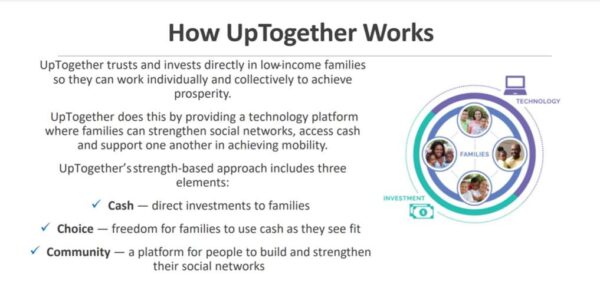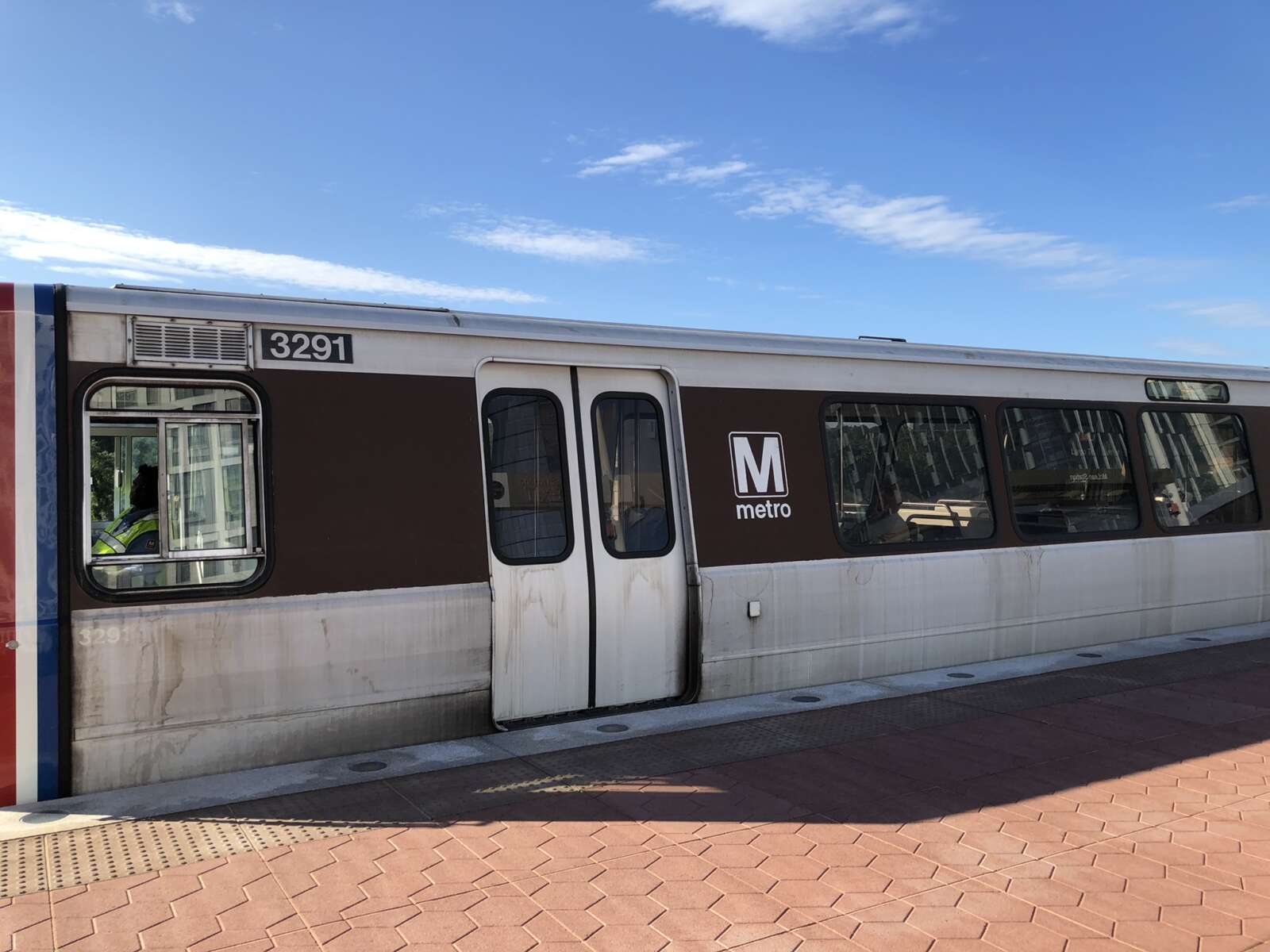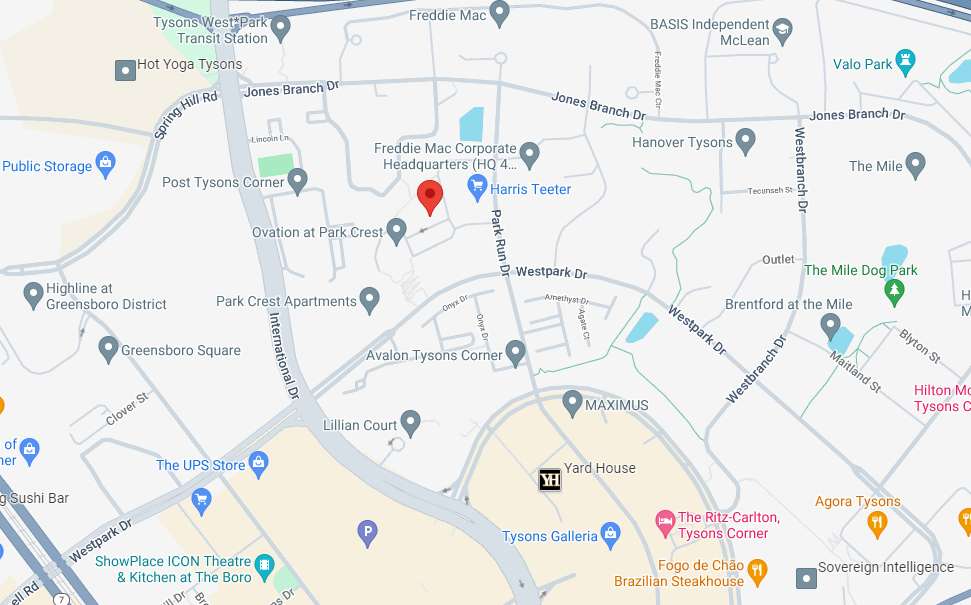
A pilot program that will give monthly cash assistance to select low-income residents is in development in Fairfax County.
While eligibility criteria, payment amounts, and other details are still being determined, the county has allocated $1.5 million to the effort from its American Rescue Plan Act (ARPA) funds, as noted in a stimulus update to the Board of Supervisors’ budget policy committee yesterday (Tuesday).
First proposed at a health and human services committee meeting on June 29, the pilot will help people improve their financial situation by providing an additional, flexible source of income, county staff say.
“At its core, it’s an economic mobility initiative, but it’s also an anti-poverty initiative, and it’s certainly innovative,” Deputy County Executive Chris Leonard told the board last summer.
If it implements the pilot, Fairfax County will join a nationwide experiment with basic income programs that has also drawn in Arlington County and Alexandria. Research from around the world suggests the initiatives boost people’s happiness, health, and economic stability without limiting employment.
Fairfax County plans to model its pilot on the nonprofit UpTogether, which gives underserved individuals and families access to cash investments through an online platform that doubles as a social network.
UpTogether’s emphasis on trusting recipients to make their own decisions and building community deviates from traditional social services, which deliver vital resources like food or housing but often come with conditions, such as work requirements.

It’s the difference between helping people survive poverty and giving them the tools to escape it, Board of Supervisors Chairman Jeff McKay explained, suggesting families, particularly those with young children, as a possible target population for the pilot.
“Part of what I think our obligation to do is to stop this generational poverty that seems to happen everywhere in the country,” McKay said. “If you’re going to break the trends of generational poverty, you somehow have to get to the youth.”
Between 2015 and 2019, Fairfax County’s poverty rate consistently hovered around 6.9%, even though the median household income climbed from $113,208 to $128,374 during the same time frame, according to the most recent demographic report.
As of 2019, 8.3% of county residents younger than 18 lived in poverty.
In a statement to FFXnow, McKay said the worsening of existing wealth gaps and racial disparities during the coronavirus pandemic illustrates the need for a new approach to addressing poverty.
“Fairfax County is currently engaging with nonprofits, philanthropy, and residents with a lived experience of poverty to explore how a model of direct cash assistance could be included as a complement to our other investments in basic needs to demonstrate the value of investing in the initiative and self-determination of our residents, and where access to resources is determined by strengths,” he said by email.
The $1.5 million in ARPA funding covers the pilot design process, which is expected to take about a year and includes data compilation, participant recruitment, and work with community members.
Additional funds could come from philanthropic partners and seed money allocated to the county’s Human Services Council, an advisory group of board-appointed citizens that has helped develop the pilot, according to county staff.
The county is working with the Virginia Department of Social Services and Department of Medical Assistance to ensure the cash assistance won’t count as income when deciding eligibility for Medicaid, Temporary Assistance for Needy Families, and other services.
The goal is to avoid pushing participants over the “benefits cliff,” where people move out of the income threshold to qualify for certain services but still don’t earn enough to cover the loss of benefits.
“This allowance provides Fairfax with the opportunity to fully consider the needs of the most needy people in our community as we consider the target population for this project,” Fairfax County Department of Family Services Director Michael Becketts said.
More information about the basic income pilot will be available later this month, McKay’s office says.
Photo via Sharon McCutcheon/Unsplash





